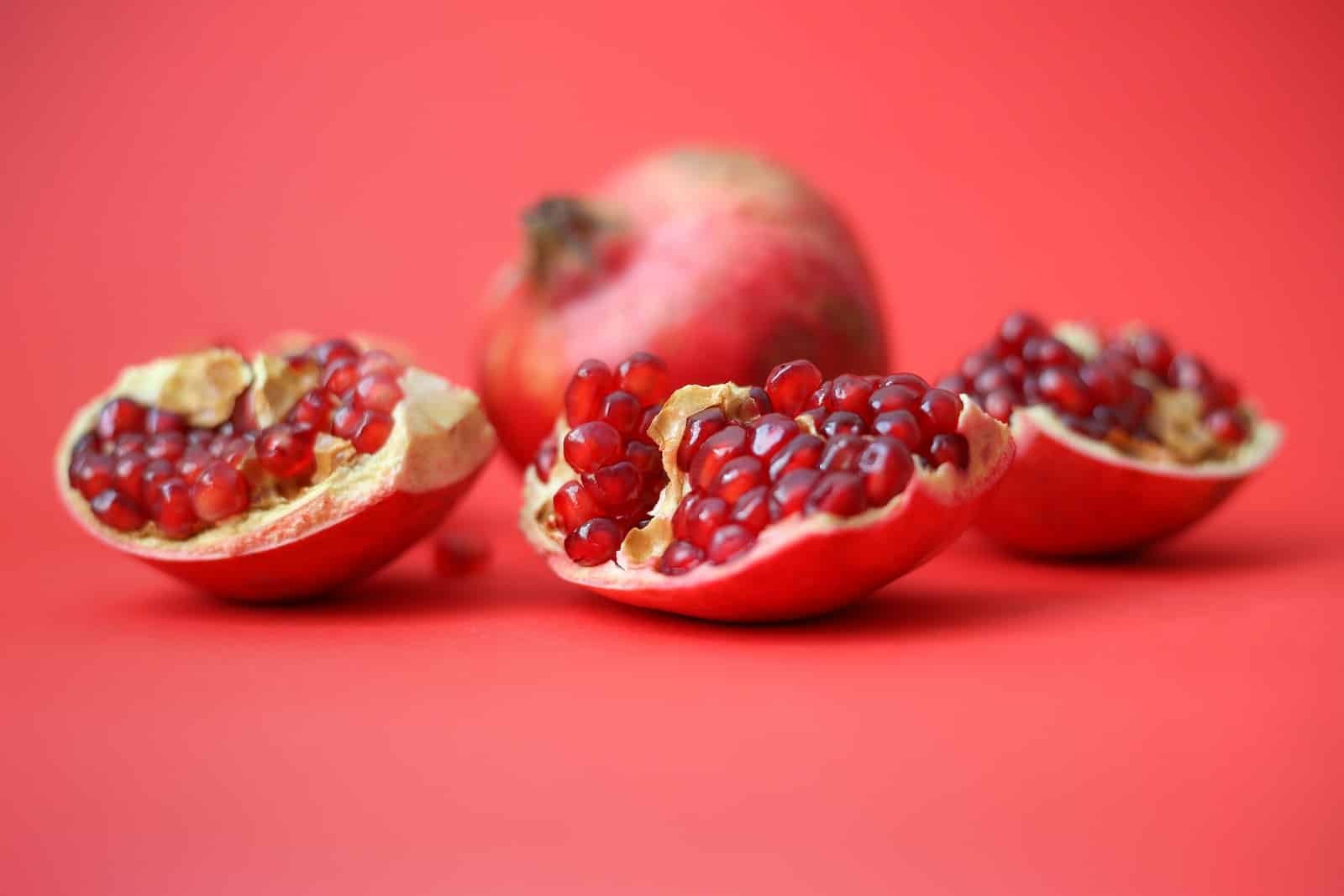Pomegranates are like nature’s little treasure chests, bursting with ruby-red jewels that are both delicious and nutritious. But when you crack one open and scoop out those glistening seeds (technically called arils), have you ever wondered if they’re just for show or if you can actually eat them? Well, I’m here to spread the seed of knowledge and get to the core of this pomegranate predicament!
First things first, let’s clear the air: yes, you can eat pomegranate seeds! In fact, they’re packed with fiber, vitamins, minerals, and bioactive plant compounds that are downright fantastic for your health. But as with all foods, there’s a right way to enjoy them to ensure you’re reaping all the benefits without any unwanted risks.
Pomegranates come from the Punica granatum tree and have been enjoyed for their health benefits for thousands of years. These seeds are a powerhouse of nutrition, containing vitamins C and K, folate, potassium, and other health-boosting nutrients. Plus, they’re rich in antioxidants, which can help fight inflammation and protect your cells from damage.
While pomegranate seeds are a safe and healthy choice for most people, there are a few things to keep in mind. For starters, chewing the seeds thoroughly is a must. They can be a bit tough, and proper chewing aids in digestion and helps you absorb all those great nutrients.
If you have any digestive issues or a sensitive stomach, you might want to start with a small amount to see how your body reacts. The seeds’ fiber content is beneficial for digestion, but too much too fast can lead to some discomfort if you’re not used to it.
For the little ones in the family, while pomegranate seeds are generally safe, it’s essential to ensure they chew them well to avoid any risk of choking. As always, keep an eye on your kiddos when they’re trying new foods, especially ones with small parts.
According to the USDA National Nutrient Database, a half-cup of pomegranate seeds contains:
This nutritional makeup makes pomegranate seeds an excellent snack for those looking for something sweet, tangy, and filling without reaching for high-calorie, processed foods.
Pomegranate seeds are incredibly versatile. You can enjoy them raw, toss them into a salad for a pop of color and flavor, sprinkle them over yogurt or oatmeal, or blend them into smoothies. You can even use them as a garnish for desserts or cocktails for an extra touch of sophistication.
Here’s a quick and simple recipe to get you started:
Pomegranate Seed Parfait
Ingredients:
Instructions:
While pomegranates are safe and healthy, there are some food safety considerations to keep in mind. According to the CDC and FDA, it’s important to rinse the outside of the pomegranate under running water before cutting into it. This helps to remove any bacteria or residues on the surface that could be transferred to the seeds.
Also, ensure that you’re sourcing your pomegranates from reputable suppliers. The FDA monitors food imports and domestic production for safety standards, but it’s always good practice to know where your food comes from and to ensure it’s been handled properly.


